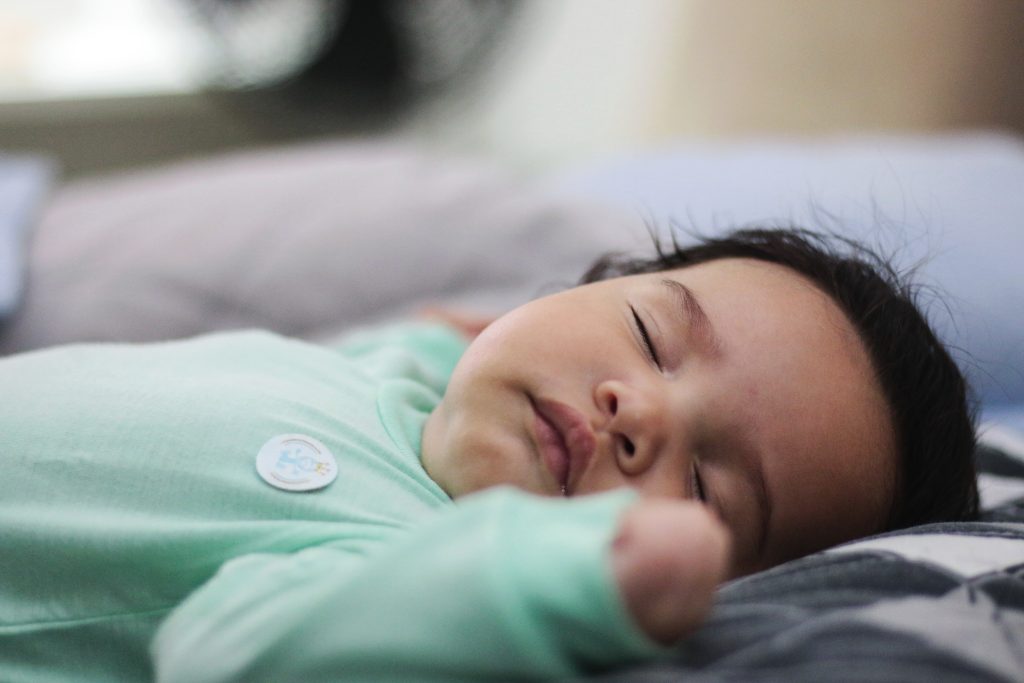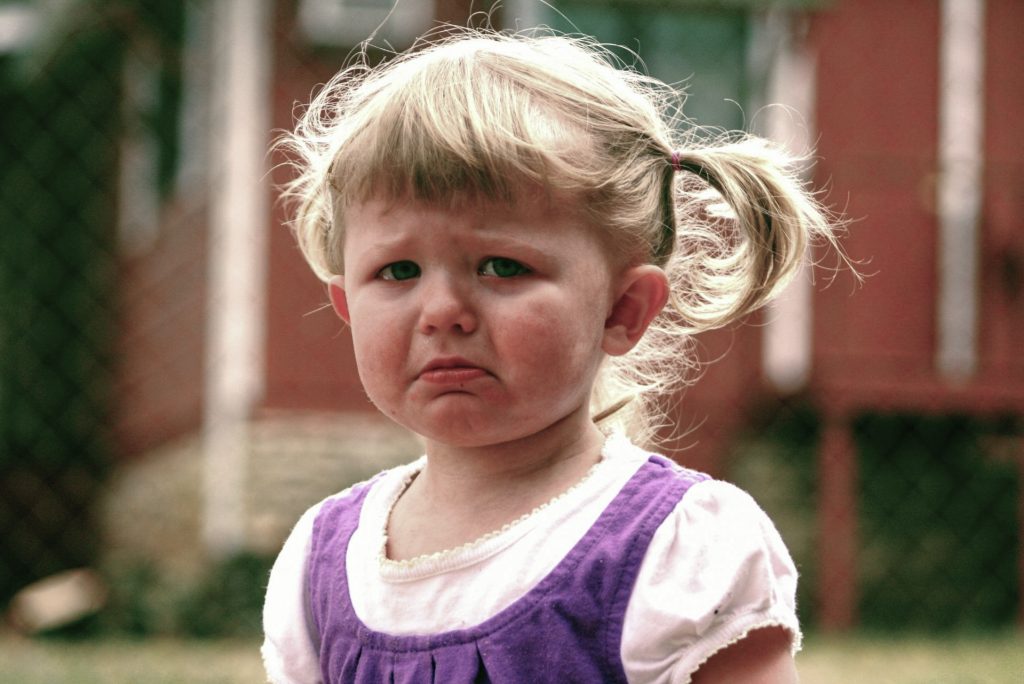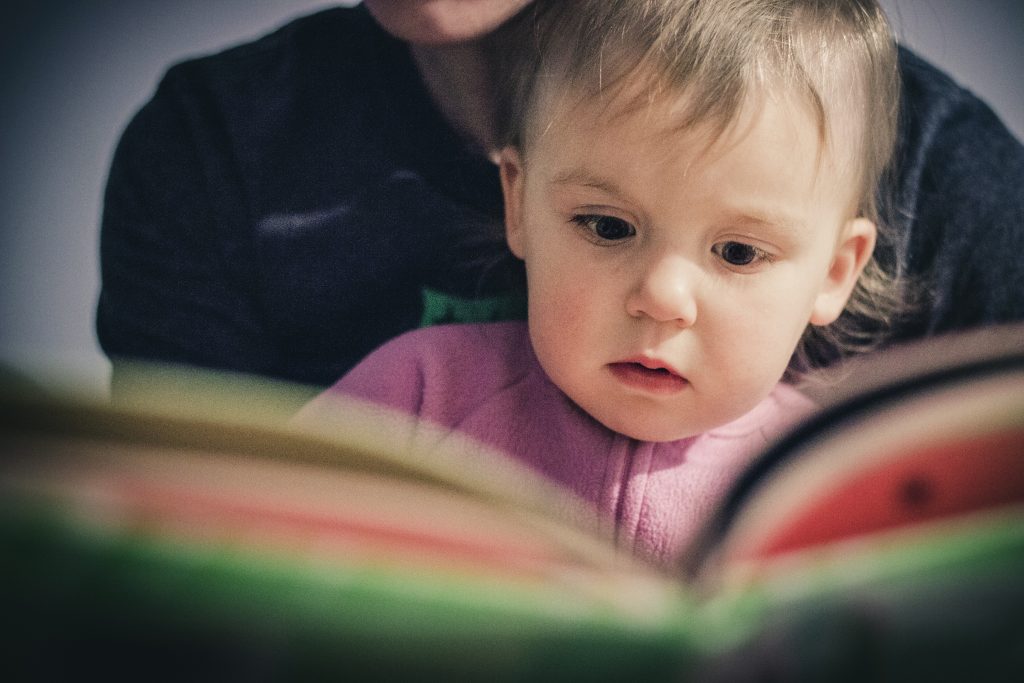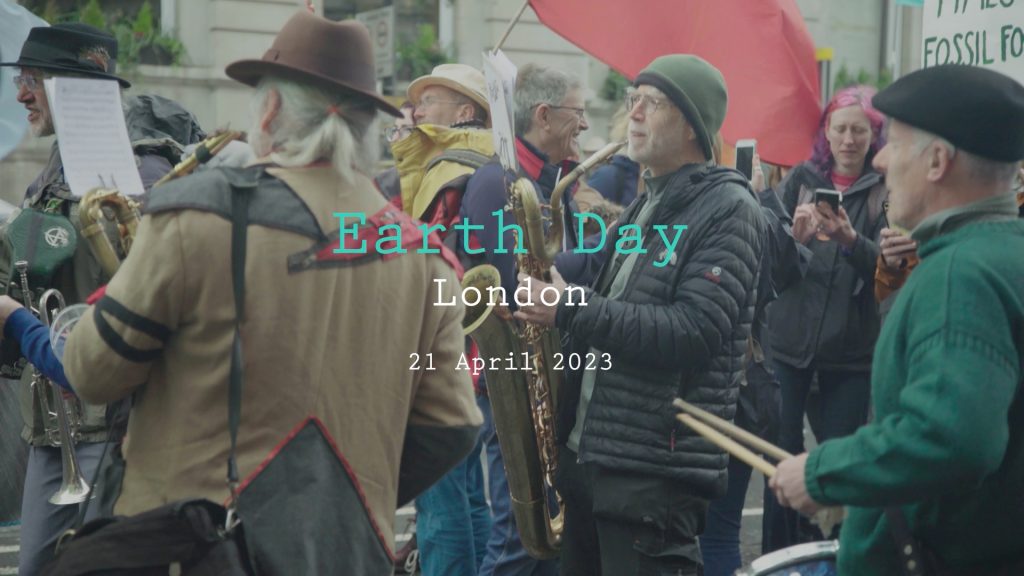(Ok, ok, it’s the Gentle Parenting Listening List…)
I’ll be honest, mums out there and mums to be! Once your baby comes, at least for a few years, you will not have time to read.

Maybe this is a strong statement, of course our lives are all different and our babies are all different. Mine is actually quite the little unicorn. She slept pretty well within a couple of months. Now that we know how to react to her occasional tantrums, she is generally all-round adorable when she’s awake. And maybe it’s just me, but I can’t find a quiet moment to read. If I can, I can’t seem to retain much information without falling asleep.
But I have the capacity to consume a good number of podcasts and audiobooks. Those are good for commuting and walks in the park with or without your baby. You can put on your headphones, while your kiddo is asleep but you still want to stay by their side. You don’t want to waste this precious adult time.
Some of my recommendations come with workbooks or excerpts in PDF format, and those are good as quick reference sheets.
What is Gentle Parenting?
So first of all, what is gentle parenting? Some people use this term interchangeably with respectful parenting, attachment, positive, conscious parenting… I think those refer to slightly different approaches, but for my purposes, this doesn’t matter. The common goal in all of these is promoting a strong and healthy relationship between parent and child. We want to encourage positive behaviours and emotional well-being in children.
Gentle parenting approaches raising children with empathy, respect, and collaboration. It involves treating children as individuals, with their own thoughts, feelings, and needs. It reminds us to strive to understand and respond to those needs in a sensitive and supportive way.
Some key principles of gentle parenting include:
- Building strong connections with children through nurturing and positive interactions. Some of the ways to achieve this is by alocating and spending quality time together, actively listening to their thoughts and feelings, and offering plenty of physical affection and comfort.
- Fostering a sense of autonomy and self-esteem in children. This means encouraging them to make their own choices and decisions, taking their opinions and preferences seriously, and helping them develop a positive self-image.
- Using positive discipline strategies. Examples are: natural consequences and problem-solving, to teach children right from wrong and guide their behaviour, rather than resorting to punishment, shame, or coercion.
- Prioritizing empathy, compassion, and understanding in all interactions with children, and striving to see things from their perspective.
Gentle parenting strives to help children feel safe, loved, and supported. It aims to set them up for success in all areas of life.
How I Stumbled into Gentle Parenting

My daughter had passed the 18-month mark and already her favourite word was “No”. She and I had spent a very distressful “holiday” in my hometown. She tantrumed almost every night. The unpredictability of it, everyone watching me as if I should have the answers to what’s wrong with her, her anxiety, my anxiety, all of this just ballooned my impostor syndrome to the point of almost popping.
We endured a few months of this. Luckily, one day, someone on my neighbourhood chat was looking for a copy of “How to Talk So Little Kids Will Listen”. I had never heard of this book. But it hit me then, I should approach this new role of mine – being a parent, like any other job. Do some research. Listen to the experts and learn, then practice and make mistakes, then practice some more.
I still have a lot to learn. But now, I definitely feel that I was meant to be my baby’s mum. And I’m so grateful. If you ever felt undeserving, or incapable or at odds in any way, reading some of this material will help alleviate these feelings. Even if you don’t totally believe in this method, try and you’ll see.
The Gentle Parenting List for You
- “Busy Toddler’s Guide to Actual Parenting”, 2020, by Susie Allison – she also shares her fantastic tips on Instagram. I put that one first on the list because I wish I had read this book when I was pregnant or in the early months. Even though the title talks about toddlers, it’s quite holistic. The audio book comes for free with Audible subscription, which is free for the first three months, right. Many of the author’s tips can be accessed on her Instagram. So, for totally free, you can learn and practice from the early days.
- “How to Talk So Little Kids Will Listen”, 2017, by Joanna Faber & Julie King. This is the book that turned me into this philosophy and having listened to it end to end twice, it gives specific advice for pretty much every challenge you may encounter with your child.
- “13 Things Mentally Strong Parents Don’t Do”, 2014, by Amy Morin. I follow Amy Morin for my own personal development and I found this book fantastic especially if you are parenting older children.
- “No Bad Kids”, 2014, by Janet Lansbury. She also has a fantastic podcast called “Unruffled” and an online “No Bad Kids Master Course”, 2023. I actually haven’t read the book. Yeah, I know: Wan-wan… Why am I recommending it? I followed Janet Lansbury’s Course. Getting myself educated works for me, but I want my daughter’s father to be on the same page. Running the course allowed us to align and discuss. The podcast is also very good, since she responds to real life challenges parents submit to her weekly. She is so perceptive, it’s incredible.
- “Oh Crap! Potty Training”, 2011, by Jamie Glowacki. I had heard of a few horror stories around potty training. My friends will confirm this, I was very anxious about this phase. I talked to many parents and I prepared a lot before going into potty training with my daughter. This book made the most sense to me on how to go about it. Most of all, it gave me a strategy. I’d just like to add that every child has their own way of learning things. What we did was not word for word what the book recommended, but it turned out truly amazing. My kid is so proud of herself for learning this grown-up thing, it’s so exciting to witness.
The Gentle Parenting List for Your Toddler

Story books are really important for my daughter. When she was an infant, I made up stories and told them to her in the dark, while getting her to sleep. And since then, story books are a vital part of her bed time routine. When we were having the difficult period I mentioned above, along with educating myself, a bulb lit in me that I should be using this opportunity to educate her as well.
- “Very First Lift-the-Flap Questions & Answers” Series by Katie Daynes:
- “What are Feelings?“, 2019 – Gentle Parenting is all about accepting feelings. But what are feelings? There are not that many books on the topic on the market. Not beyond the ones which have a few emojis defined by single words. We like stories, also Lift the Flap types are a big hit, so re-reading this one helps us define the most common emotions.
- “Why Should I Get Dressed?“, 2021 – This one is still a struggle. Transitions are a known difficulty with toddlers and the getting dressed portions of the day are still the hardest for us. But reading this book together has improved things a lot. I actually think it would be better if it focused a bit more on the morning routine specifically, rather than types of clothes. But it’s better than whatever else I’ve seen out there.
- “Why Should I Brush My Teeth?“, 2020 – Another routine that we still struggle with and as with the others, this book helps my daughter understand the reasons why and the details of how around brushing teeth.
- “What is Poo?“, 2017 – This one is still one of her favourites, although she’s been accident free for months now. I really believe that reading this book together made our potty-training journey easier than it would have been.
- “I Love You All Day Long”, 2002, by Francesca Rusackas (Author), Priscilla Burris (Illustrator). I’m a working mum and have been since my daughter was born. There were periods when my baby struggled a lot when she had to be away from me. I work in a home office and it broke my heart to hear her cry outside my door sometimes. Reading this book helped both of us remember that even when we are apart, we still love each other.
- “Princess Polly’s Potty”, 2009, by Andrea Pinnington. A friend of mine gifted us this book before we started potty training. It normally comes with a noise button, but the battery was dead. Honestly, it’s better that way. As you’ll read in the “Oh! Crap..” book, the fewer the gimmicks, the better. Plus having something too noisy at bed time is never a good idea. Anyway, this is a simple book that my daughter loved. It taught her the basics about getting out of the nappy into the potty. It talks about both pee and poo, so it was complimentary to the “What is Poo?” Book we had.
This post contains affiliate links. Please don’t buy anything you don’t need and don’t buy new if you can find it second hand.



